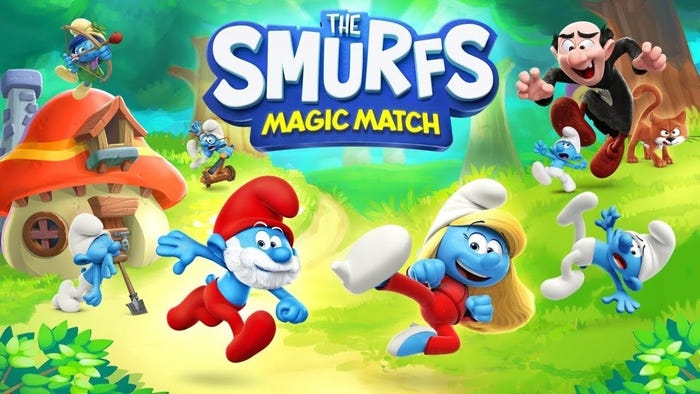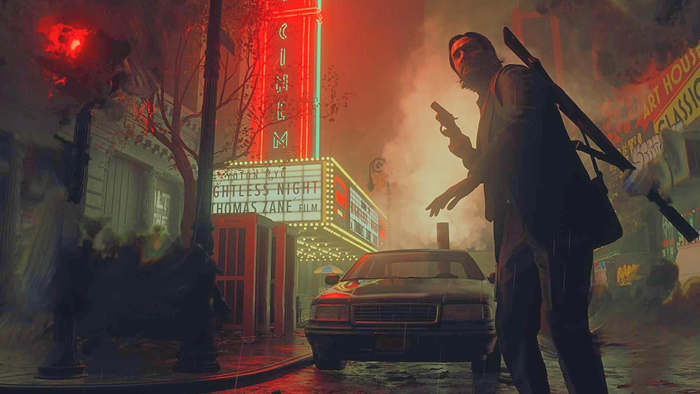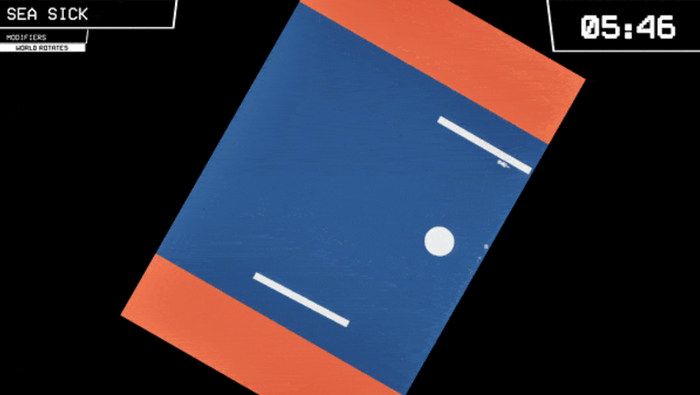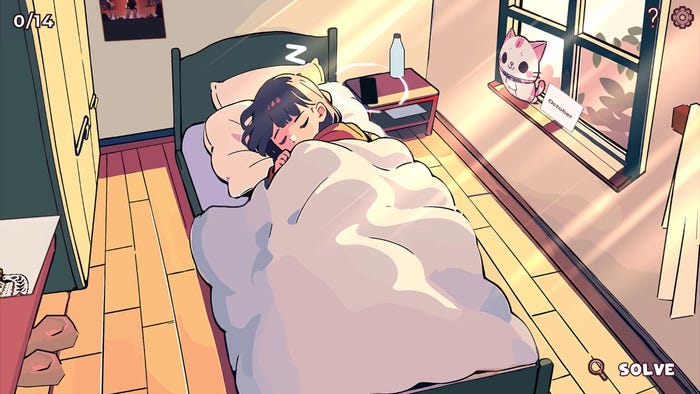
Featured Blog | This community-written post highlights the best of what the game industry has to offer. Read more like it on the Game Developer Blogs.
Games as Experiences; Or: Why I'm In Love With Rez
Part 1/2, explaining why focusing on providing a particular experience to players can provide a more engaging end product.

One commonly spoken phrase which attempts to explain what players are looking for out of games is that "it lets them do things they couldn't do otherwise". I think that's partially true, but only in a very ambiguous way. To me it's essentially an empty explanation, and without further clarification it's demonstrably wrong. For example, I am entirely capable of playing hockey, but I still play hockey video games. I play Rock Band, even though I play guitar in real life (and much better than I play it in Rock Band).
People clearly play games for different reasons, but I'm going to talk about one that I think is relevant for a large number of players, and which is my own primary motivation for playing games; I play games because they allow me to have unique experiences.
One thing that I want to point out off the top is that this is not the same thing as escapism. I don't generally play games to get away from the real world, but to enrich my experiences of it. I don't want fleeting fantasies, I want experiences which affect me on an emotional or intellectual level (unfortunately, it's pretty difficult to think of intellectually engaging games, except perhaps for puzzle games like Myst or World of Goo).
To explain this concept of "games as experiences", I'm going to address the issue in two parts. In the first part, I'm going to examine one of my favourite games, Rez, and examine how it fits into this model. I'm going to follow that up with a bit of discussion about how game designers such as myself can make their games more engaging by understanding this model of player engagement.
As I've said, Rez is one of my favourite games. And the main reason for that is that Rez provides me with a completely unique experience that I could not possibly get anywhere else. I do listen to some techno/IDM, which is the kind of music the game is centred around, but it's far from one of my favourite genres of music. I could listen to an album of electronic music, and from time-to-time I do, but the experience I would get from it would not be at all comparable to the experience I get playing Rez.
But why is that? Any talk of Rez features the obligatory mention of synaesthesia, which I've just fulfilled, but I don't generally have synaesthetic experiences and I'm not especially enamoured of the concept.
The game certainly doesn't have especially noteworthy graphics. Until the final, remarkable level, the visual aspect of the game is almost unnoticeable, and I can't really tell half the enemies from each other.
The game does do one thing incredibly well though, and that's to meld its gameplay with its music. While playing Rez you don't feel like you're listening to music, you feel like you're a part of the music. Unlike other musical games in which the player's actions are tied to the music, but only in a fairly abstract way that the player ultimately has little control over, in Rez your input into the game helps to shape the music in immediately noticeable and immensely gratifying ways.
Now, I realise that not all people connect to music in the same way that I do, but the key for me here is that the people who made Rez fundamentally understood the experience that they were trying to create, and they made sure that every aspect of that game went towards reinforcing that experience.
I think this understanding of exactly what experience your game is trying to provide is key to making a truly memorable game. I'm currently about half-way through Mirror's Edge, and while I think there's much to commend it, it often seems as though the designers lost sight of what experience it is that the game provides.
Now, I don't want to waste time recapping the many criticisms of the lack of focus that the game provides, because I think they're pretty universally known by now. I will say, though, that the game would be more consistently enjoyable if it cut out the parts that don't really contribute to the experience (namely, the combat and the excessive trial-and-error-ness) and focussed on what experience the game is uniquely able to provide, which is the sensation of completing a series of acrobatic manuevers in succession. The feeling of motion is the unique experience that the game is able to provide, and it would better serve both the game and players if the game stuck to that.
This entry is starting to run pretty long, so I'll end here for now. Later in the week I'll return with part two, and wrap up this discussion with some explanations of ways I think we could make our games more engaging for many players by focussing on this specific model of player engagement. I'll include some examples from the game I'm currently producing to help illustrate practical uses for this framework.
About the Author(s)
You May Also Like









